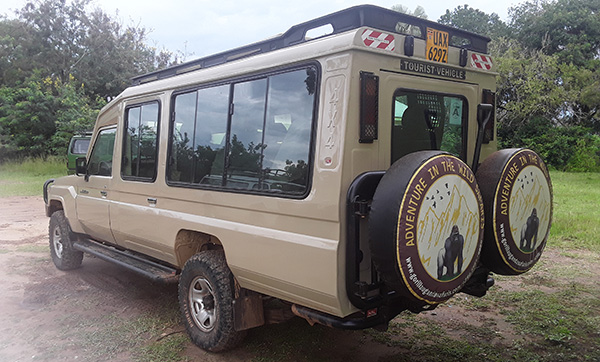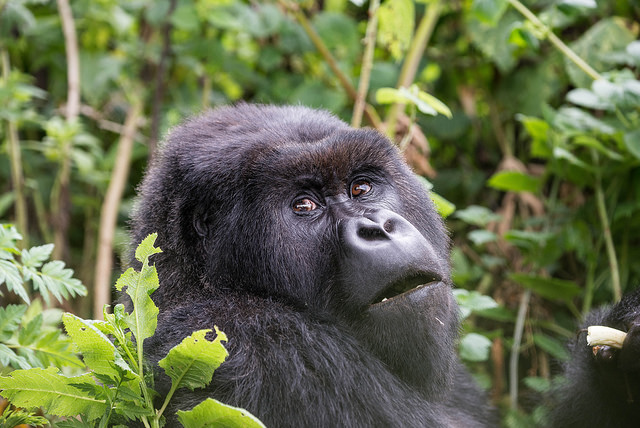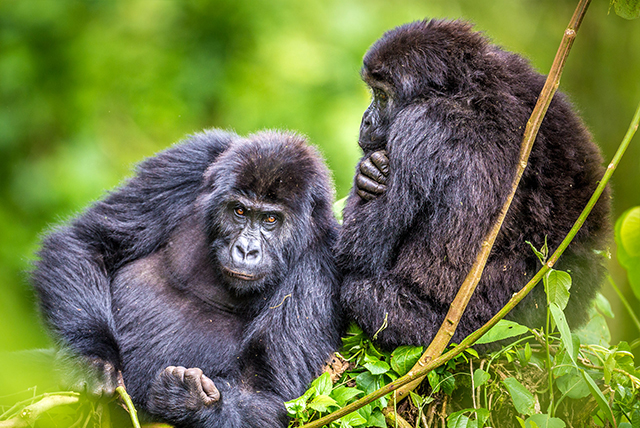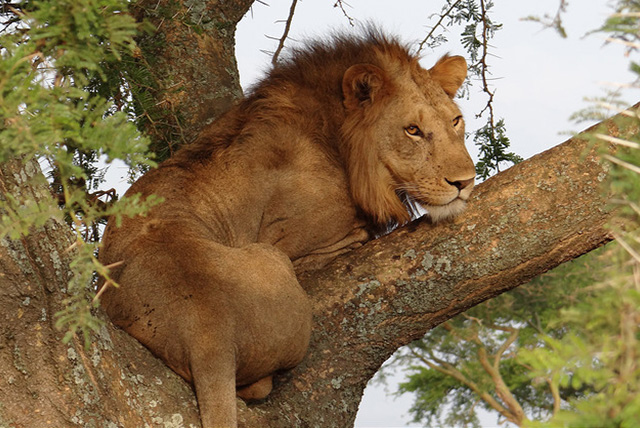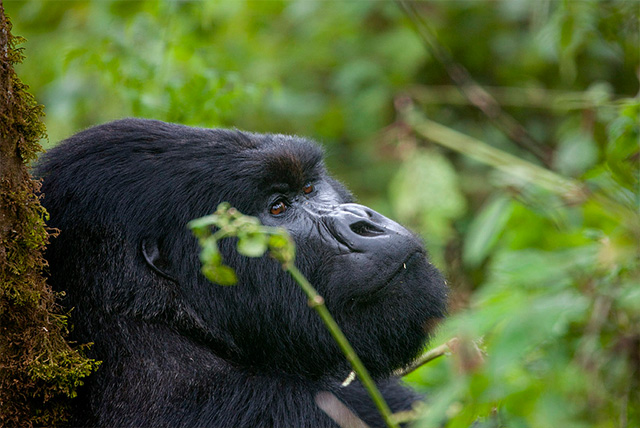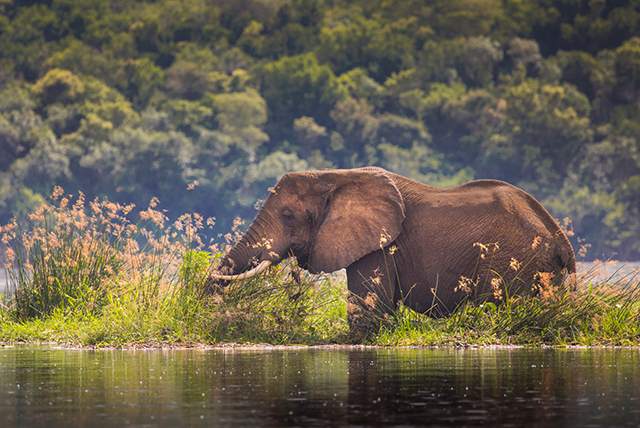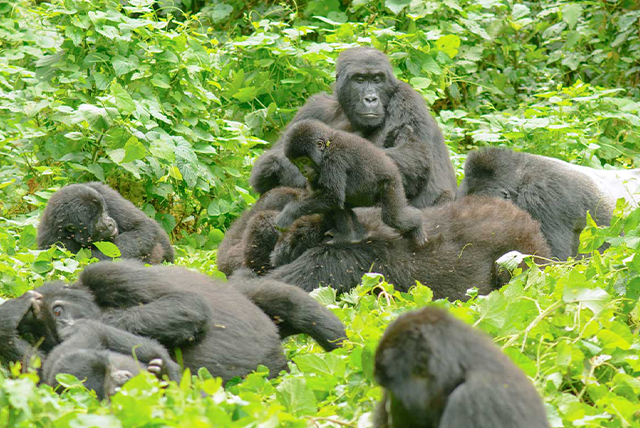Zimbabwe Travel Advice
Zimbabwe Travel Recommendations
There’s nothing quite like fresh, insightful travel guidance straight from the specialists – grab Adventure in the wild safaris’s vital Zimbabwe travel tips before your journey begins.
Finance & Expenditure
After the fall of the Zimbabwe Dollar, the US Dollar has taken its place as the currency in Zimbabwe. In Zimbabwe, having cash on hand is essential: ensure you can manage your expenses during your journey, as accessing funds from an ATM or bank may not be dependable. Travellers’ cheques and credit/debit cards are not commonly accepted and frequently come with significant fees.
Gratuity
Carry small denomination notes, as finding change in Zimbabwe can be quite challenging. Remember that while it’s customary to tip lodge staff and guides for excellent service, check to ensure that a service charge hasn’t already been included in your bill.
Exploring Zimbabwe Heritage & Commerce
Great Zimbabwe, the majestic remnants that gave this country its name, stands as a quiet testament to Zimbabwe’s extraordinary past. Once the heart of a vast empire thriving on trade with Africa’s east coast, this land-locked nation was initially inhabited by the Khoisan people, who have left behind their remarkable rock art throughout the landscape.
Migrating farmers from West Africa, who are the ancestors of today’s Shona tribe and the builders of Great Zimbabwe, arrived in the 9th century. Meanwhile, the 19th century upheavals in South Africa’s Zulu kingdom prompted the Ndebele people to flee from Zululand and establish themselves in western Zimbabwe. The next chapter unfolded with a British colonial takeover, leading the country to navigate through much of the 20th century as Rhodesia. This period was marked by a long and intense liberation war, ultimately resulting in Zimbabwe’s independence in 1980.
Zimbabwe features impressive infrastructure, a knowledgeable populace, and plentiful resources. The region thrives on its agricultural bounty, particularly tobacco, alongside the riches from mineral exports and the allure of tourism. The nation boasts some of the largest platinum and diamond mines on the planet.
Individuals & Community
Approximately 70% of Zimbabwe’s 12 million inhabitants communicate in Shona, while around 20% speak Ndebele. English, the official language of the country, is commonly spoken, and travelers to Zimbabwe frequently find themselves captivated by the warmth and positivity of its people, even in the face of recent challenges. The nation is deeply rooted in spirituality, with almost two-thirds of its people participating in church activities on a regular basis, and around 85% identifying as Christian.
Zimbabwe is a land rich in culture, renowned for its internationally acclaimed artists, musicians, and writers, but it is its sculptors that truly capture the world’s attention. Intricately designed birds and human figures, expertly carved from soapstone, serpentine, and verdite, capture the imagination and stand out as the most renowned creations.
Scenery & Creatures
Even with its rugged and densely wooded eastern frontier alongside Mozambique, the majority of Zimbabwe is situated on Southern Africa’s elevated central plateau, characterized by undulating savannah, agricultural lands, and expansive open woodlands. A significant portion of the country is found in the warmer, more humid southern lowveld, yet it is the Zambezi River and Lake Kariba that shape the northern region of Zimbabwe, with Victoria Falls nestled in its north-western corner.
The diverse range of habitats fosters an incredible variety of life, and Zimbabwe boasts a rich legacy of protecting its wildlife. Its flagship reserve is Hwange National Park, where the Big 5 roam and some of Africa’s largest elephant populations thrive, while Mana Pools and Matusadona National Parks provide outstanding opportunities for game viewing along the banks of the Zambezi.
Zimbabwe offers an exhilarating array of wildlife experiences, featuring bird watching and game viewing along the Zambezi River at Victoria Falls; a wealth of predators and exceptional dry-season game viewing at Hwange; thrilling canoe and walking safaris at Mana Pools; as well as captivating game viewing and birding at Malilangwe Wildlife Reserve and the lesser-known Gonarezhou National Park in the enchanting southern region of Zimbabwe.
For comprehensive tipping advice, reach out to one of our Africa Safari Experts – they’re eager to share their insights with you.
Climate Average summer temperatures range from 17°C to 31°C
Typical winter temperatures range from 7°C to 29°C.
Wet season: November to April
Check out “best time to visit Zimbabwe” for climate charts and tips on the ideal seasons for wildlife observation.
Essential Items for Your Journey
Typically, relaxed and cozy attire works well in Zimbabwe all year round. For your Zimbabwe safari, bring along lightweight clothing in soft, neutral shades (just avoid white, as it tends to get dirty quickly). Pack a cozy jacket or fleece for those evening game drives, along with a pair of comfy walking shoes for your explorations. For additional insights on what to bring for a safari, check out our Africa Safari Guide travel advice section.
Travel & Transportation
Have you heard that you can arrange your flights with Go2Africa? For additional details and common inquiries, please visit our Flights section.
Harare International Airport serves primarily as a gateway to the breathtaking Victoria Falls. The most convenient route to reach Harare is through Johannesburg, as direct international flights to the country are limited.
Victoria Falls International Airport: a gateway to the breathtaking landscapes of Victoria Falls, Hwange, and the Zambezi Valley, this airport acts as a vital logistics hub, effortlessly linking travelers to destinations in Botswana and beyond.
In Zimbabwe, road transfers typically take place in mini buses, while game drives are experienced in open-sided 4X4 vehicles. Light aircraft charters offer the opportunity to explore more remote destinations.
Visa and Passport Guidelines
Most visitors to Zimbabwe need to secure visas, which are typically available at the point of entry. Travelers from the USA, UK, Canada, Australia, many EU nations, Israel, Japan, and several other countries will obtain their visas at the airport or border post after paying the necessary fees. However, certain nationalities will need to apply for and secure a Zimbabwe visa before embarking on their journey.

